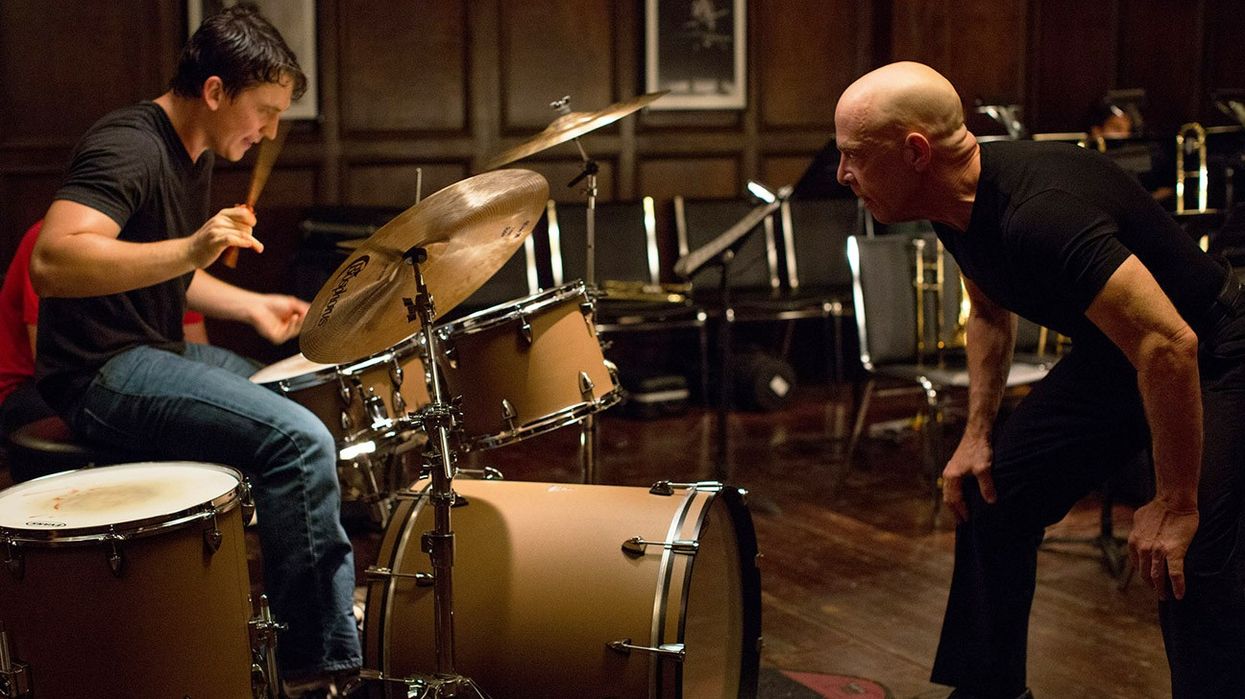This is What Good & Bad Editing is According to 3 Oscar-Winning Editors
What is "Oscar-worthy" film editing?

The 87th Academy Awards are only a week away, which means everybody is arguing about which films, actors, directors, DPs, etc. deserve to walk away with that coveted golden statue. One hotly debated topic is which film should win for Best Film Editing -- the nominees being American Sniper, Boyhood, The Grand Budapest Hotel, The Imitation Game, and Whiplash, the latter being a bit of a favorite.
But what makes a film's editing worthy of an Oscar? Better yet, what makes editing -- good? Or bad? Oscar-winning editors, as well as this year's contenders, William Goldenberg (The Imitation Game) and frequent collaborators Joel Cox and Gary Roach (American Sniper) explain to Variety what they think good and bad editing is, as well as how editors are, in a way, instruments of mind control.
The way Goldenberg, Cox, and Roach describe good editing reminds me of Invisible Boy from Mystery Men: his superpower in the film is invisibility, but he can only become invisible when no one is looking at him. The same idea goes for good editing -- the power can only be harnessed when no one is looking or paying attention to it.
The key here is that the best, most powerful editing is hidden, or as Cox says, a great edit is an "edit you don't see." Of course, there are times when editing draws attention to itself to accentuate a moment, an atmosphere, a tone, or emotion, but in general, editing is supposed to go unnoticed in service to the story. Like Goldenberg says:
You're being taken on a journey where you don't feel like, "Why am I seeing this? What is this about? What does this scene mean?" If you have questions like that, probably the editing isn't good.
This insight, though powerful, isn't going to turn you into an overnight editing success. There is so much to learn in terms of visual storytelling -- pacing, film language, montage theory -- techniques that have been invented, used, and transformed for over a century. Editing is no cut and paste job; it's a complicated and intricate art form, but knowing the difference between good and bad editing, especially three Oscar-winners' definition of "good" and "bad", is a great place to start.
Source: Variety











